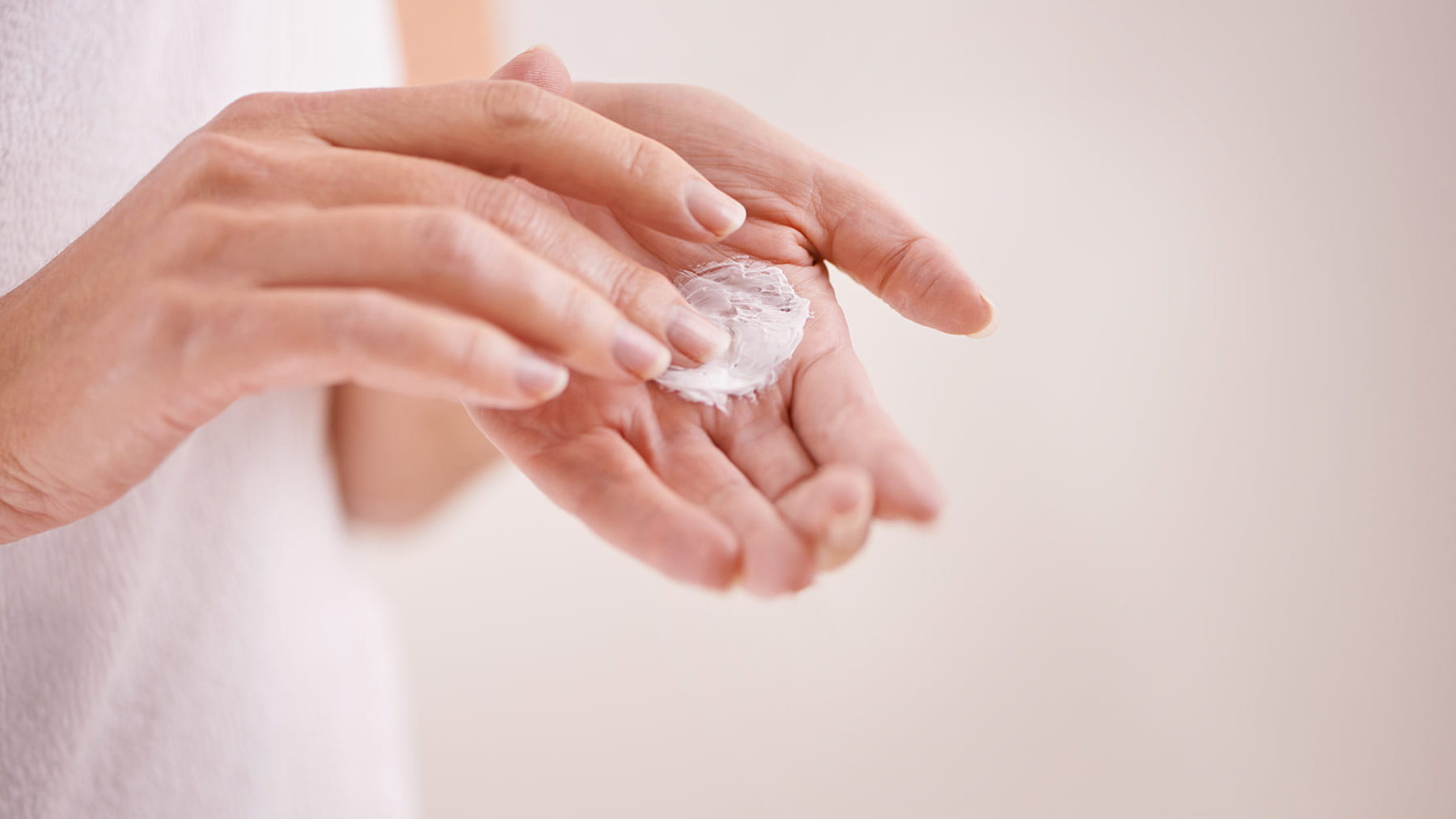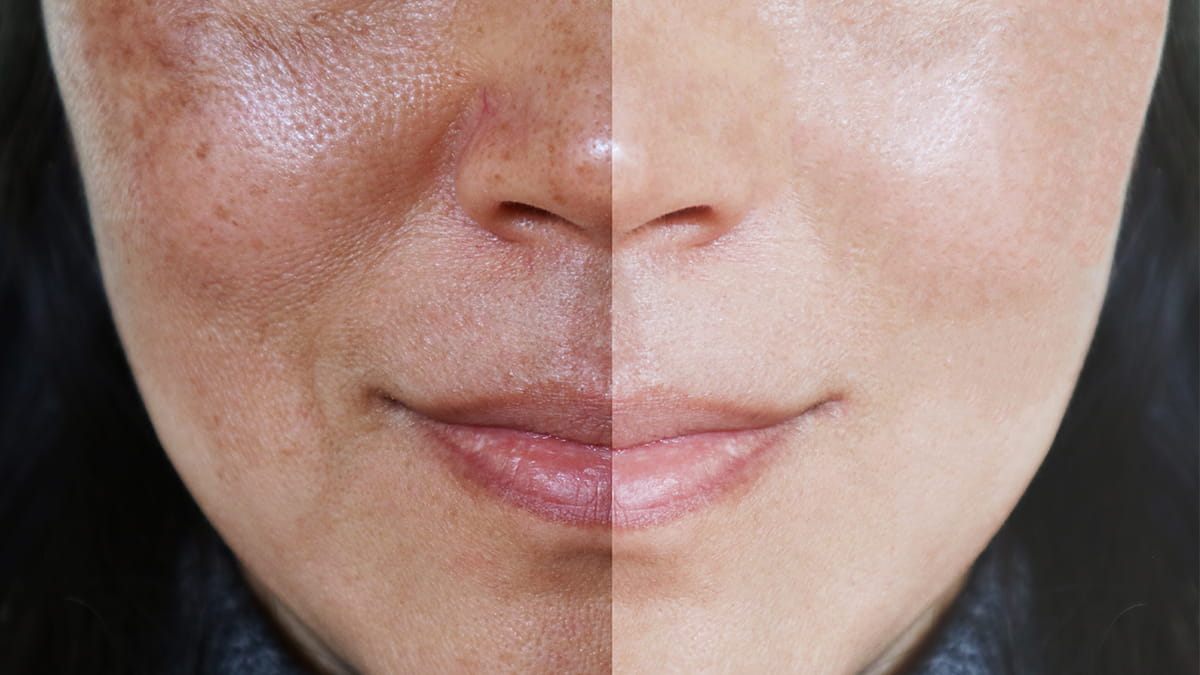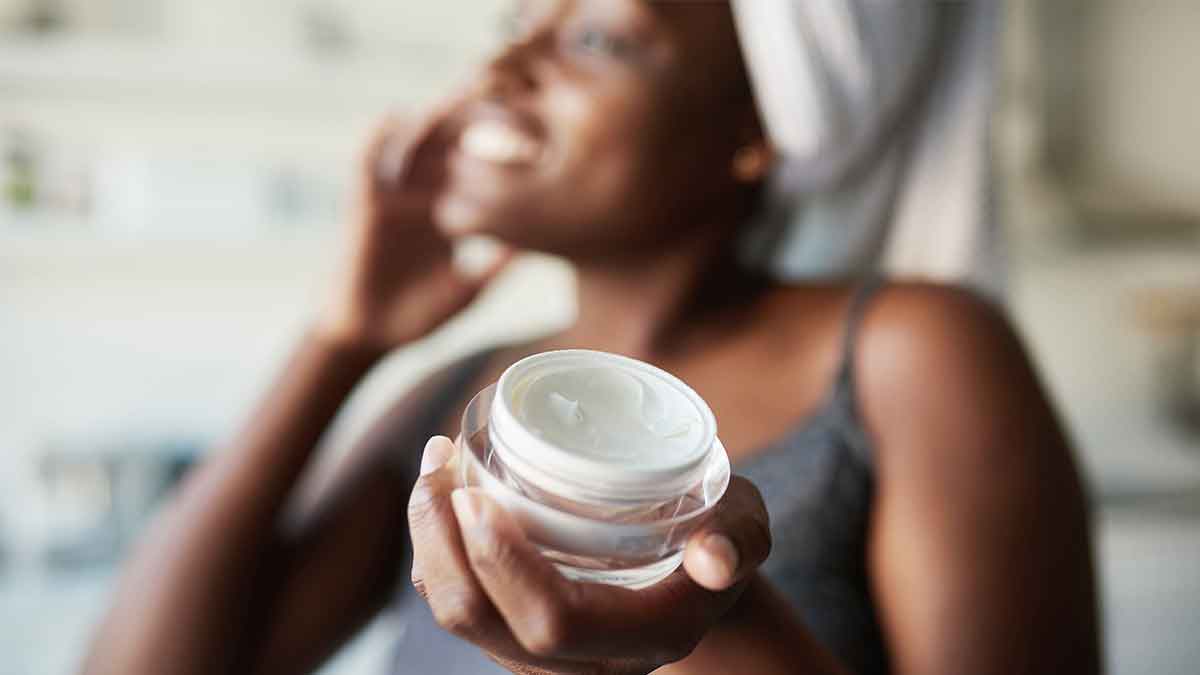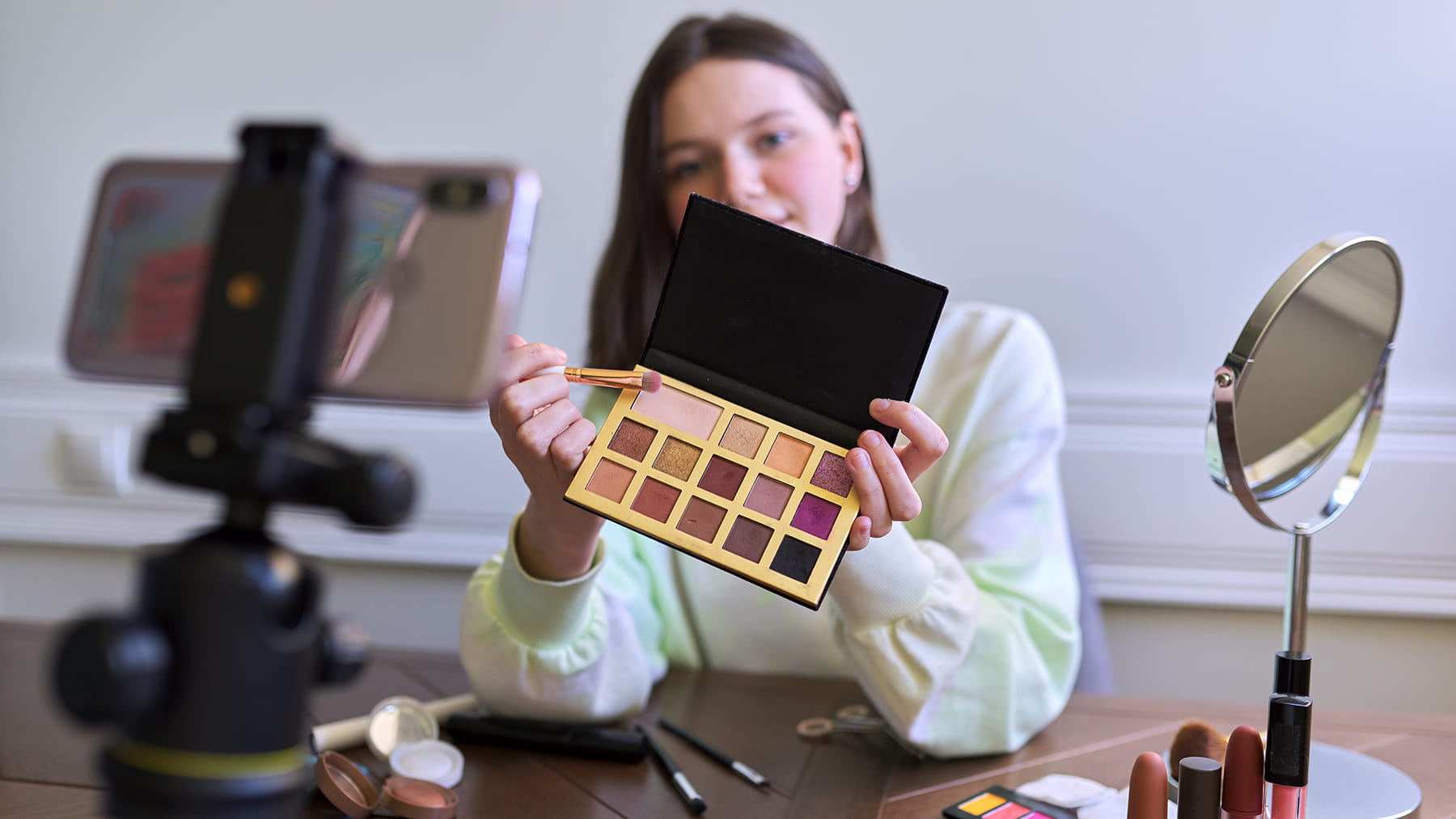Do this now to prevent dry, cracked hands

We’re all taking steps to prevent the spread of illness. In addition to social distancing, one of the most important things we can do is wash our hands.
Unfortunately, frequent handwashing for the recommended 20 seconds or using an alcohol-based hand sanitizer can make our hands dry and irritated.
Conditions caused by dry skin
Dry skin can make hands susceptible to developing eczema, the most common skin rash found on hands. Certain chemicals and ingredients in antibacterial soaps and hand sanitizers can cause contact dermatitis, where you develop a rash and irritation after use. Sensitivity to an ingredient causes irritant contact dermatitis and an ingredient allergy causes allergic contact dermatitis.
How handwashing affects the skin
Skin issues are possible when frequent handwashing results in the loss of sebum, the natural oils on the skin. Sebum helps maintain the skin’s role as a healthy, natural barrier from the outside world. As skin becomes dry, it can develop redness, inflammation and irritation. The inflamed skin can form small painful cracks that can bleed. The dryness can cause itchiness, and scratching can lead to worsening irritation and breaks in the skin, making you susceptible to infections.
Ways to prevent dry hands
That doesn’t mean you should skip the hand hygiene. It’s an important way to remove dirt, grime and germs from the hands. When you’ve finished washing your hands, pat dry and apply moisturizer right away. Use emollients and moisturizers throughout the course of the day and apply them at bedtime so they’ll remain on the skin overnight.
Use petrolatum-based emollients to replenish moisture into the skin. Other ingredients to look for are ceramides and colloidal oatmeal. Use a cream instead of a lotion. Creams contain more oil than water and will be more moisturizing and protective than lotions alone.
Avoid these moisturizer ingredients
Fragrant creams and lotions are very popular, but try to stick with fragrance-free and hypoallergenic options. Organic and all-natural moisturizers aren’t always better. You can develop both allergic and irritant contact dermatitis from these types of products.
When to see a doctor for dry hands
If your hands are so dry it becomes painful, it’s time to seek medical attention. Depending on the degree of irritation, you may need to be treated with a prescription topical anti-inflammatory, such as a steroid.
Another sign to see a doctor is when the skin becomes scabbed, crusted or shows signs of infection. You could develop a secondary bacterial infection on top of eczema or contact dermatitis and may need to take oral antibiotics.
Susan Massick is a dermatologist at The Ohio State University Wexner Medical Center and an assistant professor at The Ohio State University College of Medicine. You can find her on Twitter: @SusanMassickMD




